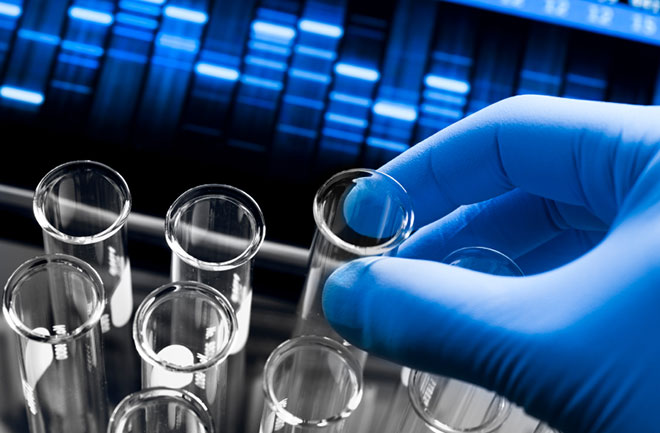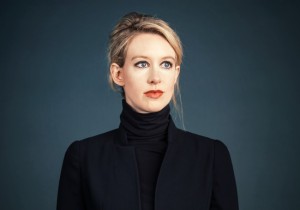TIME’s 5 Most Influential Women Scientists You Should Know

The contribution of women to the progress of science and medicine is gaining recognition since the past few decades and their achievements cannot be disregarded. This year’s TIME 100 has named these five as the most influential women scientists in the fields of infectious diseases, medicine and genetics.
Dr. Joanne Liu

Credit: MSF
She assumed the role of International President of Doctors Without Borders/Médecins Sans Frontières (MSF) since 1 October 2013. Prior to the confirmation of the world’s first Ebola outbreak in Guinea in March 2014, Liu and her organization has manned the front lines way before the world took notice. Since then they have kept the world’s attention and educated the world to better respond to crises – being vigilant and prompt. With Liu leading the experts from various countries, they eventually managed to pull the plug and won the battle to stop the deadly Ebola epidemic.
Emmanuelle Charpentier & Jennifer Doudna
The scientist duo made biotechnological breakthrough with their discovery of the genomic editor CRISPR-Cas9 technique. Clustered regularly interspaced short palindromic repeats (CRISPR), a defense mechanism against viruses, when associated with the Cas9 gene capable of cutting both strands of DNA, literally allows scientists to edit genetic materials. The potential implications of this technique is limitless in the treatment of human diseases – HIV, sickle-cell anemia and cancer to name a few. What’s more exciting is, this gene editing tool has been commercialized for medical use.
The rock star geneticist and her team at Harvard University were the pioneers to sequence the genome of the Ebola virus during the recent deadliest epidemic. Their work was critical as it shed light on the mode of transmission of the deadly virus from human to human instead of from a mosquito or animal vector. The sequencing of the Ebola virus’ genome in real time and tracking of its mutations has then able to help contain the outbreak.
Elizabeth Holmes
The 31-year old founder of Theranos, a blood testing company, made Forbes’ Billionaires List as the youngest self-made woman billionaire. Her company has revolutionized medical testing by developing a new blood testing method that is more affordable and less invasive. Unlike traditional methods, the mobility of the new method and the ability to test for a wide range of infections would eventually be able to reach out globally, particularly to underdeveloped regions, and make significant changes in early detection and prevention of diseases.
Source: TIME





